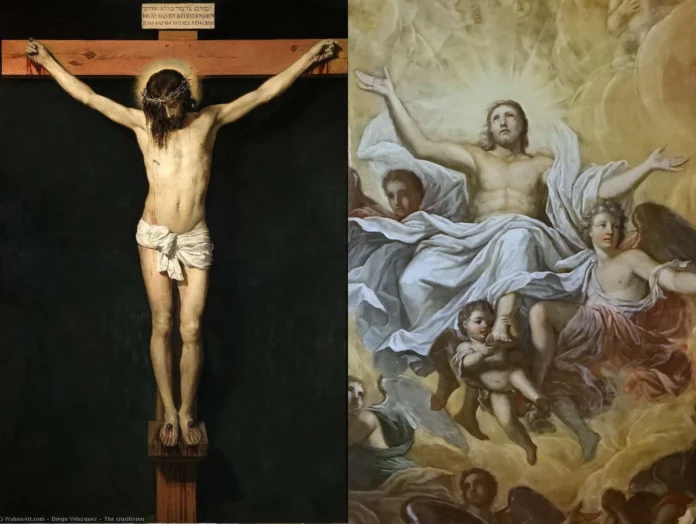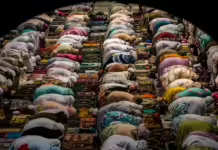We live in a world that is not ours. This is a humbling truth—and a liberating one. Scripture tells us, “The earth is the Lord’s, and everything in it” (Psalm 24:1). From the first verses of Genesis, we see that creation belongs to God. We are not owners but guests, welcomed into a home we did not build, offered breath from a life we did not create.
In Genesis 2:15, humanity is placed in the garden “to work it and take care of it.” The Hebrew word for “take care” (shamar) also means to guard, to protect. We are not consumers at a buffet; we are stewards at a banquet. This is our sacred vocation: to live gently, walk humbly, and protect what God has made.
Jesus echoes this calling when he speaks of the birds of the air and the lilies of the field (Matt. 6:26–29). He doesn’t merely use nature as an object lesson—he dignifies it. He points us toward creation’s beauty, simplicity, and trust in the Father. In doing so, he invites us to rejoin the rhythm of creation, not dominate it.
To be a guest is to live with reverence. (Exod. 3:5). It means listening, not shouting. Sharing, not hoarding. Repenting, not just recycling. It means remembering that forests and rivers are not merely “resources”—they are expressions of God’s generosity.
Paul reminds us in Romans 8 that all creation groans, waiting for transformation.
This groaning includes us. We are part of the earth’s suffering and also called to be part of its healing. When we live as grateful guests—honouring the Creator, respecting the house, and serving one another—we point to the day when God will make all things new (Rev. 21:5).
Let us, then, live not as possessors, but as pilgrims. Not as owners, but as those who say, “Thank you,” every morning. For this world is not ours—but we are loved enough to be welcomed in.








